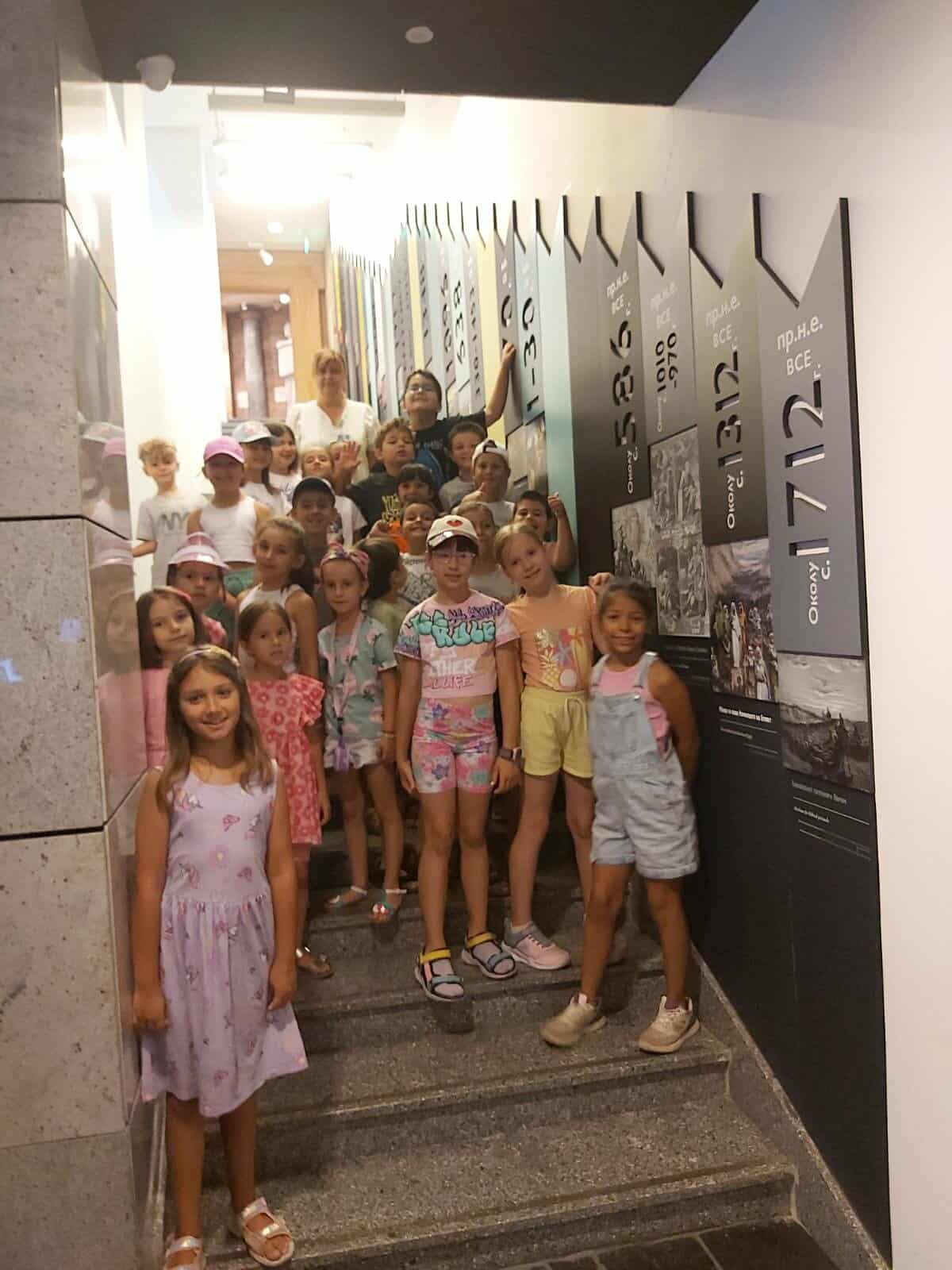"Diplomacy and the deportation of Macedonian Jews in 1943" scientific conference marking the International Holocaust Remembrance Day

The Ministry of Foreign Affairs together with the International Alliance for Holocaust Remembrance, the Institute of National History, the Diplomatic Club of Skopje and the Holocaust Memorial Center for the Jews of Macedonia, today marked the International Holocaust Day with a scientific conference on "Diplomacy and Deportation of Macedonian "Jews in 1943."
The conference was opened by the Minister of Foreign Affairs Nikola Popovski, the Ambassador of the State of Israel to the Republic of Macedonia Dan Orian, the President of the Macedonian Academy of Sciences and Arts Vlado Kambovski and the President of the Steering Committee of the Holocaust Fund of the Jews of Macedonia Pepo Levy. scientists from the Republic of Macedonia and from several countries in Europe.
The tragedy of the Jews has become a tragedy of humanity and it must not be forgotten, said the diplomats at today's conference dedicated to diplomacy and the deportation of the Jews from Macedonia in 1943. With this event we want to pay tribute to the 7,144 Jews from Macedonia who were deported and killed in the Treblinka concentration camp in 1943, but at the same time to pay tribute to all the victims of the Holocaust, said Foreign Minister Nikola Poposki.
"It is our duty to work together to establish the role of diplomacy and diplomats in those events so that we can present the true picture to present and future generations, so that we never again allow such or similar events to happen again." , says Popovski.
In his emotional speech to the audience, the Israeli ambassador to the country, Dan Orian, said that the role of diplomats is great and that when they are in the right place and at the right time, they can save many lives. "Although one thinks that anti-Semitism no longer exists, one must look at what has happened recently in France and other countries in Europe to realize that this is not the case," Orian said.
"People are watching what is happening in Syria, where there are thousands of dead. Here are organizations like Islamic State, Boko Haram, violence that is hard to understand. "These are things that have been happening for years, but we see anti-Semitism here in Europe as well and we must not close our eyes to it before, we can not say it will pass."
The President of the Management Board of the Holocaust Fund of the Jews of Macedonia, Pepo Levy, recalled January 27, 1945, when the Auschwitz Birkenau concentration camp was liberated, which swallowed one million one hundred thousand Jews, 19 thousand Roma and 83 thousand Poles.
"Today in some parts of the world, even in the heart of progressive Europe, being a Jew is starting to be dangerous again. Unfortunately, the ideas of extermination of the Jews still exist. "The world has failed to save the Jews. One third of the Jewish population has been destroyed."
He stressed that the Jewish community is especially proud of the fact that relations between Macedonia and Israel are good and hopes that they will be enriched and gained in quality, while the Jews will be a bridge of understanding and cooperation between the two peoples.
Former UN General Assembly President Srgjan Kerim stressed that the genocide against the Jews must not be forgotten. The achievements of civilization are not measured only by building giant power plants, space missions or robotics. It is necessary to measure them through the ability and strength to look history in the eye and to draw the true lessons from tragic misconceptions and fatal mistakes.
"Tolerance is the oxygen of democracy. If we allow it to be endangered and reduced, we will condemn ourselves to primitivism, despair and hopelessness. "That is why on every occasion we must say resolutely not to all intolerant, decadent teachings and ideologies," Kerim said.
Today's conference aimed to identify and investigate the relations between the countries and the conditions that influenced the deportation of Jews from Macedonia and other countries.
Downloaded from: Radio Free Europe
Share: << Back
Any help from you is more than welcome.
Donate to continue with the successful work and education




